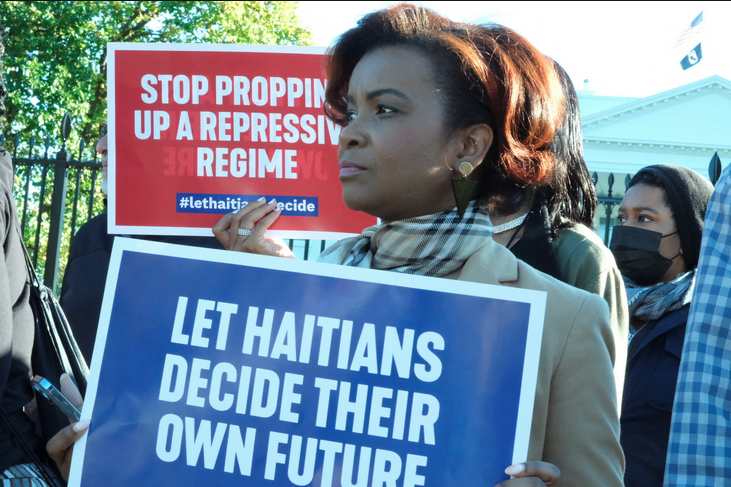Protests against Prime Minister Ariel Henry likely to persist across Haiti through late January.
Protests against acting Prime Minister Ariel Henry are likely to continue across Haiti through at least late January. Disruptive unrest has been ongoing in mid-January after former rebel leader Guy Philippe called for supporters to demand the prime minister’s resignation.
Protests have already forced the closure of several businesses, schools, and government agencies in several cities in mid-January. Gatherings have been reported in many southern locations, such as Jeremie, Les Cayes, Miragoane, and Grand-Goave. Demonstrations have also occurred in the northern city of Ouanaminthe, with protesters blocking Route National 6, which leads to Cap-Haitien, on Jan. 16; Ouanaminthe also borders Dajabon, Dominican Republic, and protests could cause further disruptions along the border. Unverified local reports suggest that Philippe’s supporters have threatened to close the Codevi Free Zone, on the northern border of Haiti and the Dominican Republic, from Jan. 17.
Significant disruptions are likely to continue nationwide for the duration of the unrest. Protests are likely near government buildings and main roads; demonstrations could also affect foreign diplomatic missions. Security forces will likely be deployed to monitor and manage protests, but Haitian authorities do not have the capability to control the gatherings. In some areas, shortages of basic goods, including water and food, could occur. Fuel shortages are also possible, especially if protesters stage blockades for several days, and could affect services and businesses that rely on diesel to power their electricity generators to operate. Serious clashes and violence involving security forces, protesters, and gangs are possible. The possibility of violent attacks targeting police forces and political leaders cannot be ruled out.
